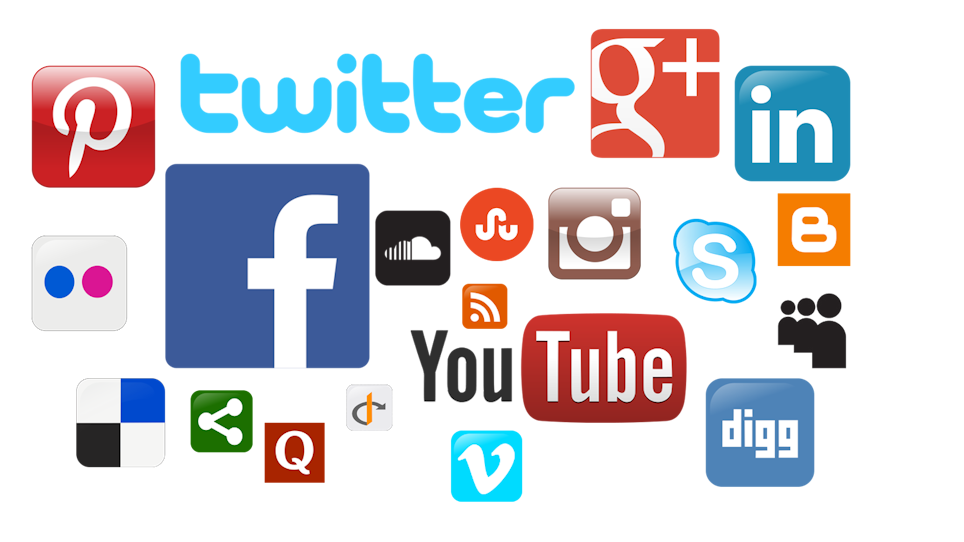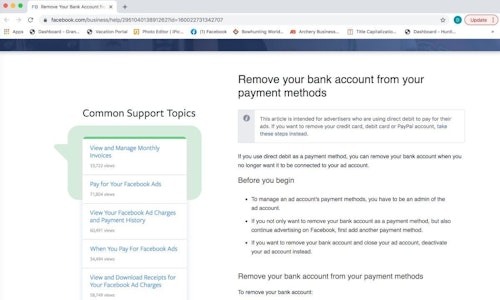If you’ve dealt with having your page – either personal or business – compromised recently, I just want to say, I see you.
I see the trouble it has caused you personally. I see the confusion you are dealing with trying to make sense of it all, and I see the frustration as you deal with the giants of social media to help get your page(s) back to you. (I use the word “help” here very loosely.)
If you’ve never dealt with having your page hacked, comprised, and/or stolen from you, then you are lucky. There are a few main ways to avoid getting hacked I talked about in this editorial here. But here are the two main points I want to get across:
1. Have two-step factor turned on all devices and accounts. I just turned it on for my PayPal account. Is it annoying? Yes. Just do it. Here’s how to set it up on Facebook. Now, with iOS14 out, you are forced to have two-step authentication turned on for certain apps and devices. You know why Apple did that? To save you from your own damn self.
2. Change passwords frequently.
Don’t use the same password for email and Facebook and Instagram. That’s how the majority of hackers get inside.
Lessons Learned
Here’s what I’ve learned about pages being hacked recently:
I’ve spoken to many social media experts recently and a common theme shared was there’s a rise in hacking on Facebook, specifically, in the last 6 months. Why?
Sometimes they hack a page and delete it. Actually, I think that’s the easiest path for you as the page owner. You have two options: start over, or don’t.
If your page has a large following and you have monetizing available to you, such as In-Stream Ads or Facebook Fan Pages, you will be targeted. Isn’t that the kicker? You build a community over 10-plus years and someone else sees it and wants to take it from you.
Conversely, you could have a small business with a small following but have an ad account set up. They’ll still hack you to get to your ad account, then steal the ad account. So really, no one is immune here.
Everything is about money. (see previous bullet point about monetizing and access to ad accounts)
When I say above “they hack a page,” please understand they are hacking YOU first. They are gaining access to your business page or profile through YOU. Everything in Facebook is connected to you, personally, which is kind of brilliant and kind of effed up at the same time. Why does everything run through my personal profile? Scary.
Let’s follow the money for a minute. Let’s say you did, at one time, run ads on Facebook. But you’ve had a change of heart and now you spend your ad money elsewhere. Anywhere. But your Facebook ad account is still set up and your credit card is still in there. Is that a good idea? Probably not. If that is the case, you’ll want to deactivate your ad account, so all billing and card info is removed. However, you can’t simply “remove a card” as Facebook is like, “wait, no, you still have to have something tied to this account.” Ugh. You’ll have to decide what is best.
Here’s how to close an ad account in Ads Manager.
Here’s how to remove billing info.
Final Thoughts
When hackers hand you lemons, you can squeeze them in your hands until all the juice is run out, but then all you have left is tart juice and ugly, spent lemons. Instead, consider the alternatives BEFORE you are forced to make a decision of “should I stay, or should I go?” when it comes to social media channels. Find your weak spots and fix them. Make a crisis plan. At the very least, talk with your team and have an honest discussion of recommended plans and responses should something horrible happen to a personal page or profile. Stop thinking, “it will never happen to me.” You aren’t that special.
Note: This article originally appeared in The Archery Wire.







